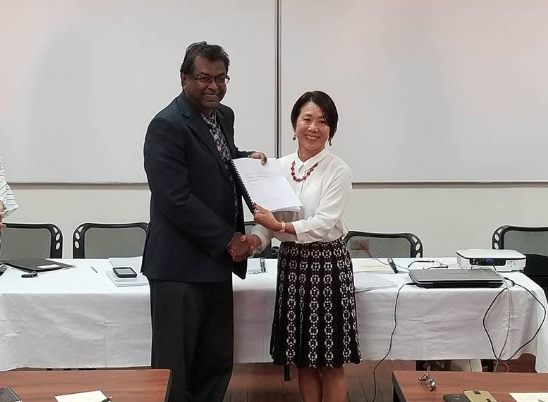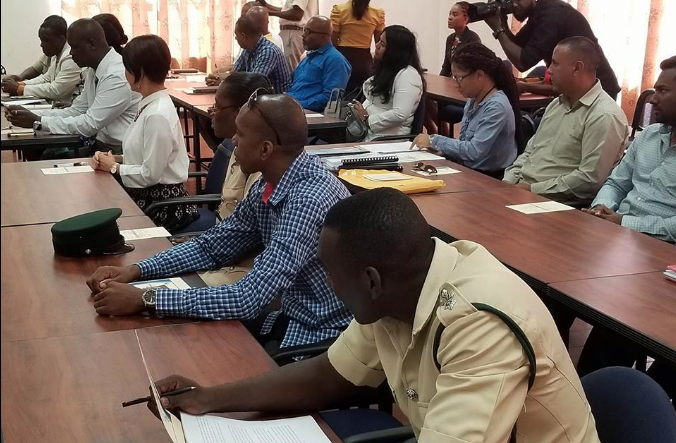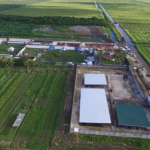
The report from a nationwide prison survey conducted in Guyana has called into question the Police Force’s behavior towards inmates, with the results showing that the police does not always fully respect the civil and human rights of detainees.
The report, launched by Public Security Minister Khemraj Ramjattan on Monday, recorded four out of ten inmates saying that they had physical force used against them to give and change statements used by the police in prosecution.
This finding comes at a time when the Police Force being recognized for and is receiving praises for an upsurge in confession statements, which interrogators claimed they were able to secure from detainees.
The first of a series of recommendations in the report called for the review of the Police’s performance and behavior.
But Ramjattan while not totally ruling out the occurrence of police ill-treatment believes that the stories told to researchers by the inmates may be “self-corroborating”.
He admitted nonetheless that “to a large extent we have that.”
The survey, funded by the Inter-American Development Bank to the value of US$2.3 million through the Citizen Security Strengthening Programme (CSSP, said a warrant in writing was only shown to one out of ten inmates when they were arrested.

In a similar manner, only 17.4% of detainees by the police were informed that they were entitled to a lawyer.
“More worrisome is that almost four out of 10 inmates they had been hit in an effort to compel them to testify or to change their statement while at the police station,” the report noted.
Such behavior, the report said, not only violates the accepted good practices in the treatment of detainees but it also violates the Universal Declaration of Human Rights.
The report which has been published on the Ministry of Public Security Website also recommended increases in institutional capacities int he criminal justice system, diminishing the level and alleviating the effects of overcrowding, improving the level and quality of the hygiene items provision, improve safety of inmates and the monitoring of specific subpopulations after they are released.
Specific to the monitoring of subpopulations after they are released, the report said it is proven that when people who are imprisoned for drugs are released, they tend to go back to drugs sell and consumption.
Ramjattan believes the reports will help authorities design policies to reduce recidivism and enhance rehabilitation.

Some of the findings are that 1 out of 4 inmates reported being beaten as children, 4 out of 10 inmates parents drank alcohol, 1 out of 5 inmates said they were members of gangs in the communities where they grew up and 4 out of 6 inmates had a family member who was sent to prison before.
Ramjattan said this clearly shows that many inmates exposed to a criminal setting outside prison walls although 8 inmates reported seeing other inmates being beating and 6 out of 8 had their personal items stolen in prison.
“It shows us that we have to work harder to get it right,” Ramjattan said while noting that training has commenced with prison staff on protecting the rights of inmates.

















You must be logged in to post a comment Login